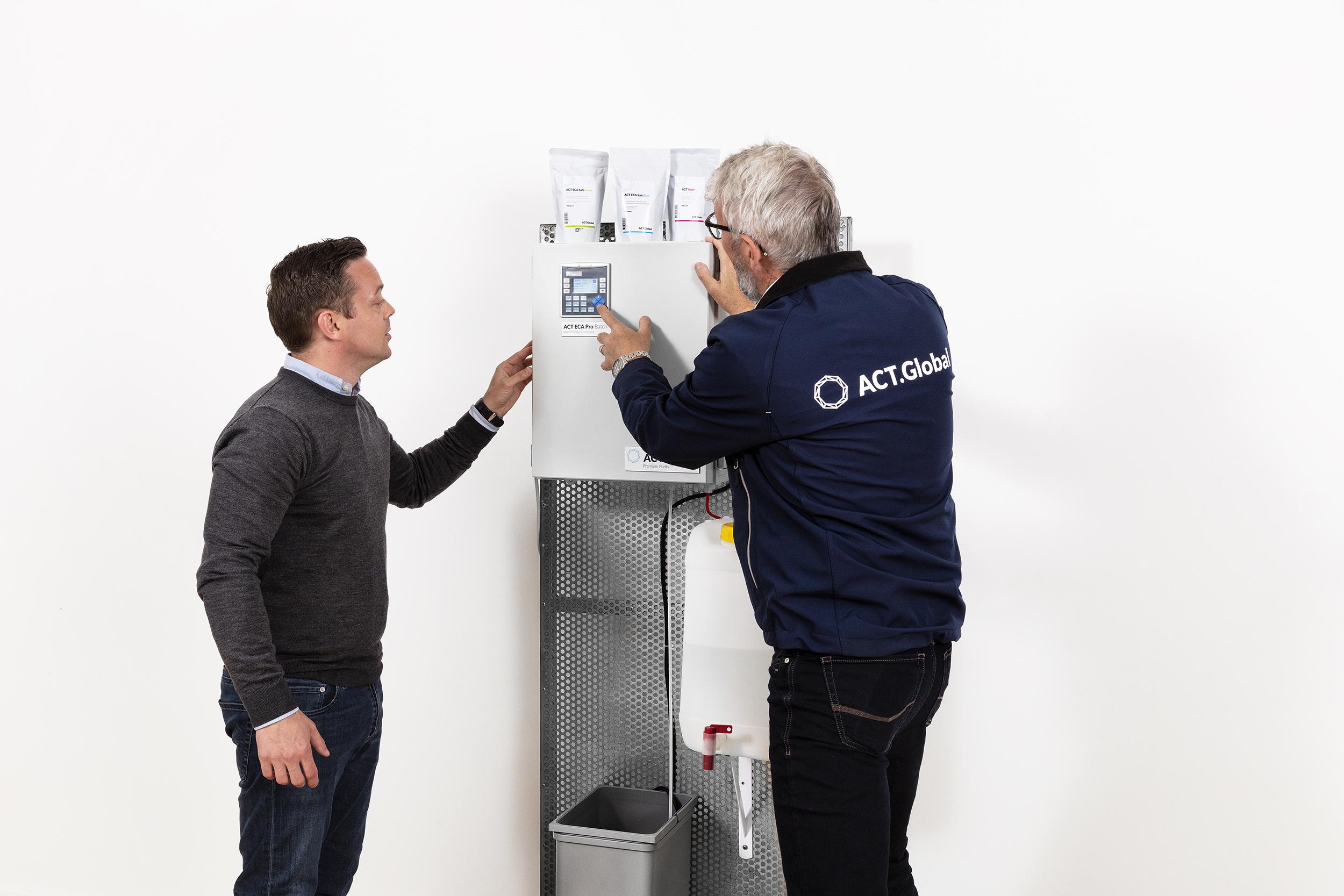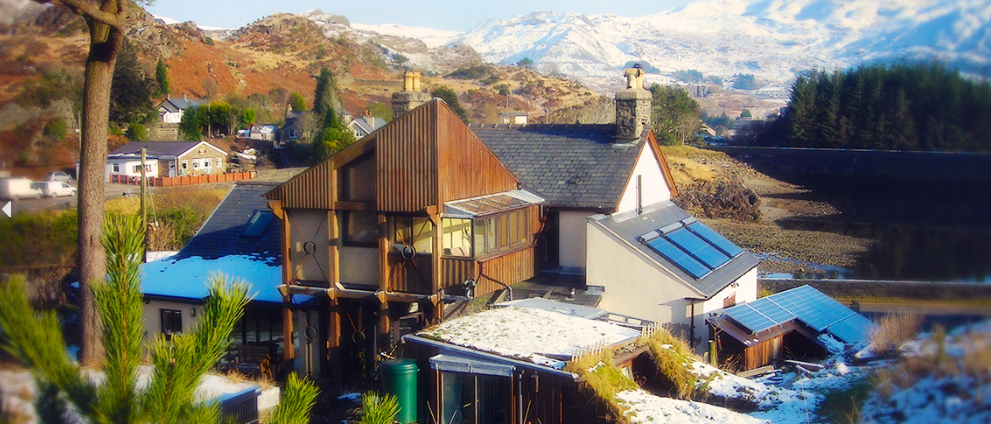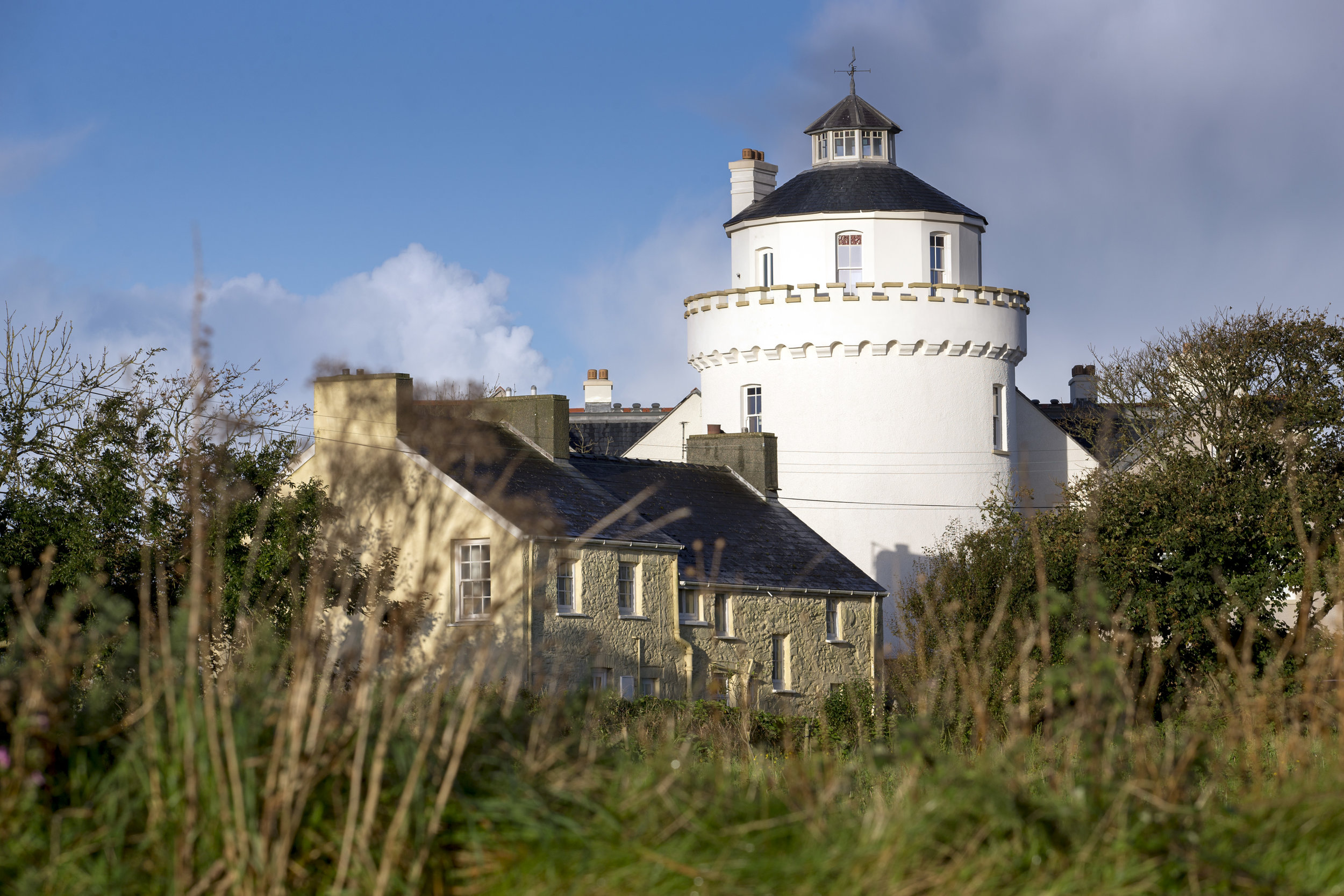With the growing concern about plastic pollution worldwide, the world’s leading hotel companies are banning bathroom miniatures from their rooms.
Now that the hotel industry has embraced bans on plastic straws, travel-sized toiletries seem to be the next plastic items targeted by hotel chains.
In July, InterContinental Hotels Group (IHG) announced that its establishments with almost 843 000 guest rooms will remove bathroom miniatures in favour of bulk-size amenities. The brand, which owns Holiday Inn, Crowne Plaza and Kimpton, hopes for a complete transition in favour of bulk-size amenities by the end of 2021. This switch to larger-size amenities across more than 5 600 hotels is a big step to significantly reduce hospitality industry’s environmental impact. Indeed, such hotel chains as IGH use roughly 200 million mini toiletry products each year. By the end of the year, IHG aims to remove plastic straws from all its hotels.
For its part, Marriott International announced last month that it will get rid of single-use toiletries in favor of bulk-size pump-topped bottles by the end of 2020. The larger recyclable bottles will contain the same amount of product as between 10 and 12 tiny bottles. This initiative will save the equivalent of more than 700 000 kg of plastic, that is to say a 30 per cent reduction in the amount of plastic produced in the hotels. This is the second global initiative aimed at reducing single-use plastics.
With IHG and Marriott leading the change, the era of travel-sized tubes of shampoo, conditioner and shower gel is finally coming to an end. This tried-and-tested approach is also part of the guests’ desire of more sustainable stays. However, the reduction of single-use plastics may not be optional in the future: hotel brands will have to take actions for the environment while not sacrificing the quality service and the guests’ experience. Green Key strongly supports the transition from single-use items to dispensers and other solutions and congratulates all Green Key awarded establishments that are taking the step to a plastic free future.

















